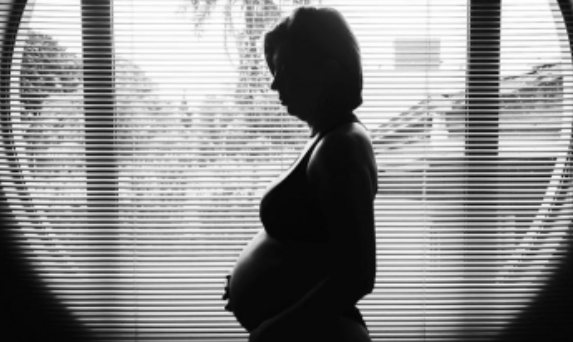Health
Study shows birth outcome of freezing eggs as effective as regular IVF

New Delhi, July 18
Success rates of freezing eggs are comparable to those obtained by normal in vitro fertilisation (IVF) and are subject to the same variables of female age and embryo quality, according to a study.
When compared to other similar large-scale research conducted on egg freezing in other countries, the findings of this 15-year-long study based on nearly 30,000 frozen eggs revealed an overall live birth rate of 26 per cent per embryo transfer, as per the study published in the peer-reviewed journal Reproductive Biomedicine Online.
This varied depending on the age at which the eggs were frozen, with a lower rate in the over-35s and only 5 per cent in the over-40s.
After transferring all embryos developed from thawed eggs, the total live birth rate was 34 per cent, which increased to 45 per cent in women who had frozen their eggs before the age of 36, according to the study.
“These are results comparable with those nationally recorded in routine IVF,” said Professor Nick Macklon, senior author of the study and Medical Director of the London Women’s Clinic.
The number of women seeking egg-freezing treatment has increased from 150 in 2015 to over 800 in 2022, yet only 14 per cent return to thaw their eggs. Out of 2,171 patients, 299 returned, completing 332 thaw cycles.
The cumulative live birth rate is 36 per cent, rising to 57 per cent for those who froze eggs under age 35. "Freeze-all" cycles had a 30 per cent live birth rate, improving to 40 per cent with chromosomal screening (PGT-A). All live births in women aged 40+ were from screened embryos.
Despite some scepticism, these results indicate that egg freezing and thawing offer a viable path to pregnancy, akin to IVF.
The study noted that “egg freezing and thawing can provide a very real opportunity for women to achieve pregnancy and live birth.”



































